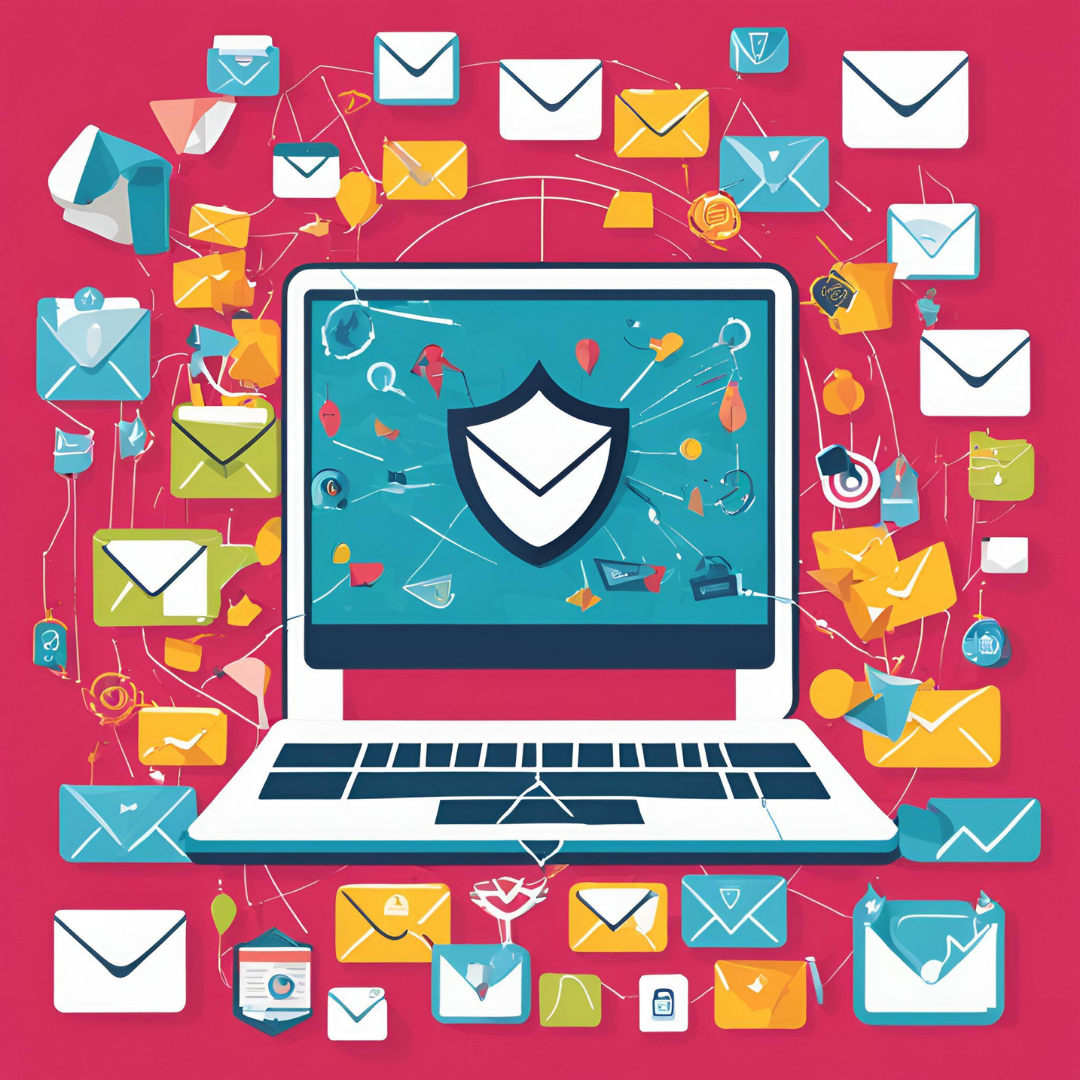Are Temporary Emails Good for Phishing Scams?

Phishing scams are all over the internet these days. They want to get your personal information, like your logins, credit card numbers, or even business information.
But can temporary emails be your secret weapon against these online predators? Let’s get into the concept, its effectiveness and how it can protect your digital identity.
Fake Emails? What Are They?
Temporary emails (known as disposable email addresses (DEA)), are email accounts for short term use.
Unlike your regular email, they expire after a certain period, often minutes to days. You might have used one while signing up for a service. With Temp mail, you can download an eBook or register for a free trial. But do these throwaway accounts really work as an anti-phishing tool?
How Do Temporary Emails Protect You?
Temporary emails act as a buffer between you and the scammers. Here’s how:
1. Less Exposure: By using a disposable address for online activities, you’re not exposing your main inbox to spammers and scammers.
2. Hide Personal Data: Phishing attacks often rely on knowing your real email. A temporary address leaves them guessing.
3. Reduce Risk in High-Risk Areas: Signing up for unknown websites or free Wi-Fi services? A temporary email keeps your main account safe.
Are They Foolproof?
While temporary emails are good for reducing spam and phishing, they’re not foolproof. Here’s why:
1. Limited Use Cases: Some services detect and block disposable addresses and force you to use a permanent one.
2. No 2FA: Temporary emails often lack advanced security features like 2FA so it’s not suitable for critical accounts.
3. No Long Term Access: If you lose the address, you can’t retrieve forgotten passwords or account recovery.
Are Temporary Email Users Less Likely To Be Targeted By Phishers?
Yes, hackers have less time to use temporary emails because they are only meant to be used for a short time. But phishing works better when it goes after fixed email addresses that are linked to personally identifiable information (PII).
You're harder to beat when you have temporary emails, but not impossible. Attackers will have a harder time getting into your email with malicious links or scams because these addresses are only good for a certain amount of time.
But the real question is: Does using a temporary email address completely remove the risk of phishing? It's not true. Temp emails make you less vulnerable, but they don't keep all risks away. Even though a disposable address only lasts for a short time, cybercriminals can still send dangerous content to it. There's also a small window of risk because many temporary email services don't have strong encryption or spam filters. To protect yourself even more, use temporary emails and practice good online hygiene by not downloading anything suspicious, checking URLs, and using multifactor authentication (MFA) when you can.
Mixing Temporary Emails Together With Other Tools
When used with other anti-phishing tools, temporary emails work best:
• Spam Filters: The spam filters on your main email account are strong enough to catch fake attempts.
• Antivirus software: A lot of security packages protect against phishing.
• Password Managers: These tools can spot fake login pages and only fill in your details when you visit a real website.
• Browser Add-ons: Extensions that stop scams, like uBlock Origin or Adblock Plus, can stop you from visiting sketchy websites.
How it Works Psychologically?
Having peace of mind is an overlooked benefit of temporary emails. If you share a temporary address, you can browse the web without worrying about getting hacked. But don't let your freedom make you lazy; phishing scams change over time, so you need to keep an eye out for them.
Do you think they're worth it?
For fun things like signing up for magazines or getting free content, temporary emails are great. They add another layer of safety, not take its place. Use them along with good safety habits, like using unique passwords, updating them regularly, and being aware of the risks.
How about you? Do you already protect yourself from phishing with temporary emails or other tools? It might be time to rethink how safe you are online.
25/10/2025 21:07:25